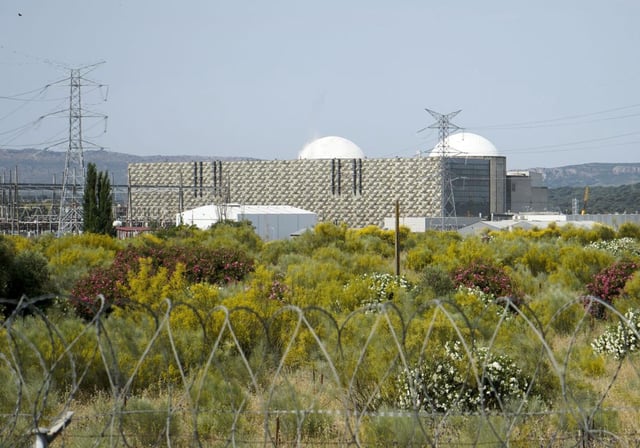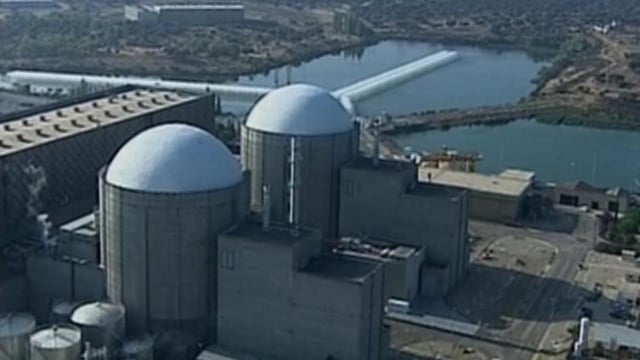Overview
- Fedea’s report recommends extending operation of Almaraz’s reactors, originally due to close in 2027 and 2028, until at least 2030 to maintain low-carbon generation.
- The analysis warns that shortfalls in energy storage, lagging renewable deployments and the April Iberian blackout heighten risks to supply and could drive up electricity costs.
- Postponing the shutdown would require only a ministerial order amendment and would lower the per-megawatt-hour Enresa tariff that funds nuclear waste and decommissioning.
- Almaraz’s owners—Iberdrola, Endesa and Naturgy—are aligned on exploring a postponement under a regulatory model similar to Belgium’s EU-approved nuclear life-extension aid scheme.
- The government has opened a formal review of Fedea’s recommendations with decisions pending on regulatory adjustments that will shape Spain’s energy security and decarbonization goals.

